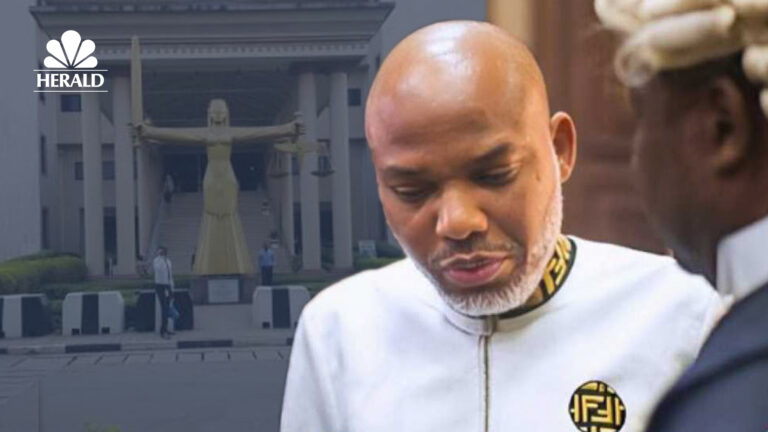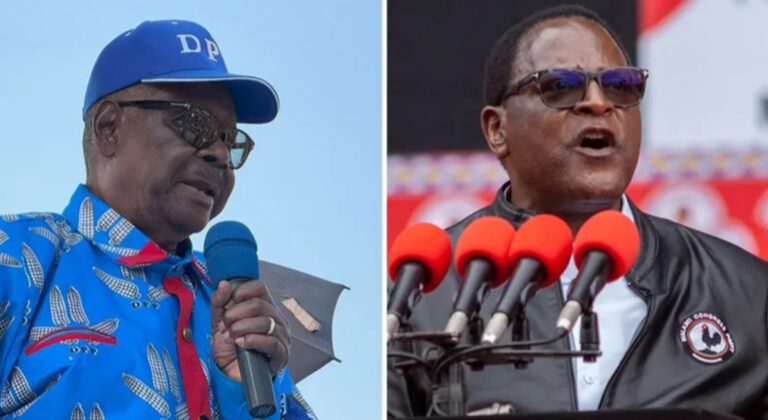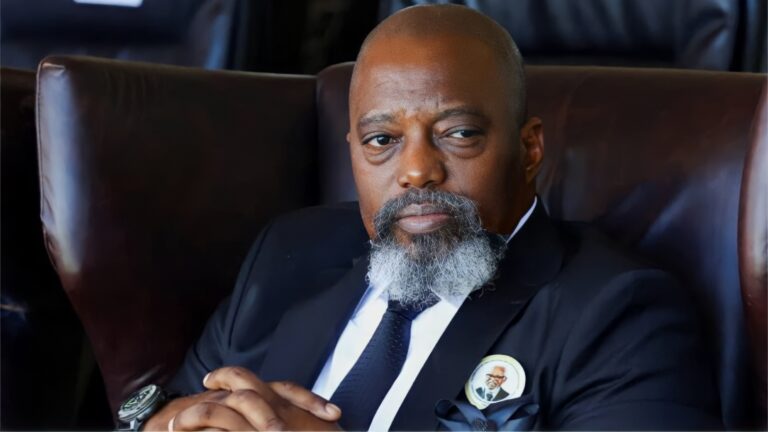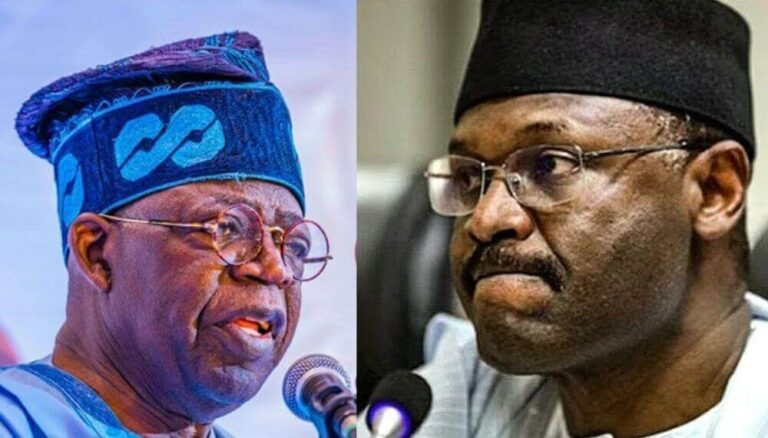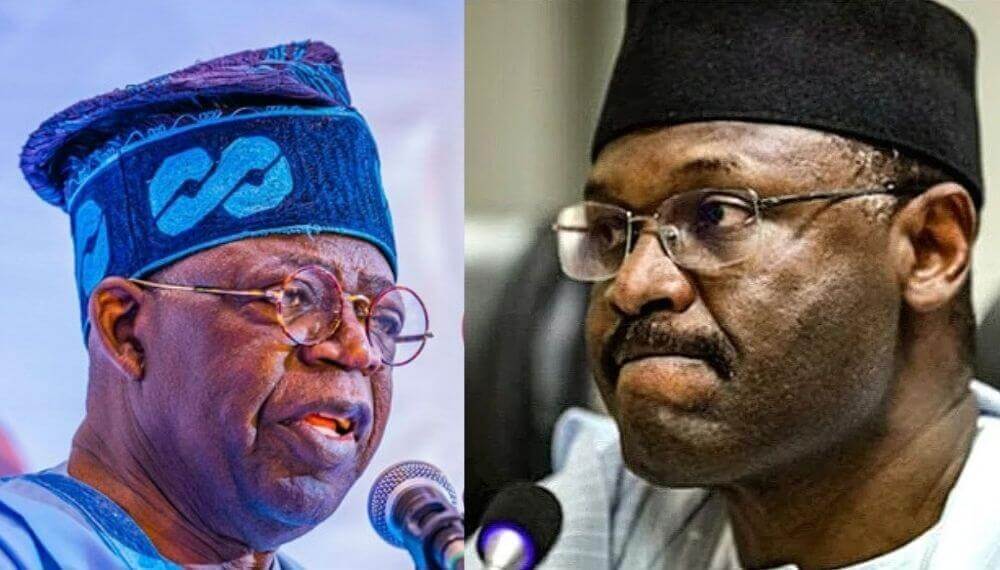
Tinubu Directs INEC Chairman Yakubu to Go on Leave: What It Means for Nigeria’s Electoral Future
President Bola Ahmed Tinubu has stirred nationwide debate following reports that he has directed the Chairman of Nigeria’s Independent National Electoral Commission (INEC), Prof. Mahmood Yakubu, to proceed on leave immediately. Sources close to the presidency disclosed that this decision is part of a larger plan for Tinubu to nominate a new INEC Chairman who will oversee Nigeria’s electoral commission ahead of the 2027 general elections.
The news that Tinubu directs INEC Chairman Yakubu to go on leave has set off a storm of reactions across political, civil society, and media circles. Analysts are linking the move to broader conversations about electoral reforms, institutional independence, and the credibility of Nigeria’s democracy.
Prof. Mahmood Yakubu has been at the helm of INEC since 2015. During his tenure, he presided over both the 2019 and 2023 general elections. These elections were notable for improvements in logistics and the introduction of new technologies such as the Bimodal Voter Accreditation System (BVAS). However, they were also marred by criticisms, particularly concerning delays, transparency issues, and allegations of manipulation.
That context is why the report that Tinubu directs INEC Chairman Yakubu to go on leave is attracting so much attention. Civil society groups argue that the timing of this directive is highly significant. With less than two years until the 2027 polls, the leadership of INEC is critical in shaping both public confidence and the credibility of upcoming elections.
If Tinubu proceeds with the plan to nominate a new INEC Chairman, the process will raise questions about fairness, neutrality, and the independence of the electoral commission. Critics fear that executive influence over such an appointment could erode confidence in electoral outcomes. At the same time, supporters argue that a fresh appointment could bring much-needed reforms to strengthen Nigeria’s democracy.
At present, neither the presidency nor INEC has issued an official statement confirming or denying the report. Still, the speculation has created an atmosphere of uncertainty. For many Nigerians, the question is whether this is a routine administrative transition or the start of deeper political maneuvering ahead of 2027.
The fact that Tinubu is to nominate a new INEC Chairman is trending in discussions, reflecting how central INEC’s leadership is to Nigeria’s democratic journey. Nigeria’s electoral commission has often been at the center of controversy, with accusations of bias and inefficiency following many election cycles. The independence of the INEC Chairman is, therefore, seen as vital to sustaining faith in the system.
Observers note that if Yakubu’s early exit is confirmed, it could mark the end of an era. His leadership saw both commendations and criticisms, particularly regarding the introduction of technology into Nigeria’s electoral process. Some analysts credit him with implementing bold reforms aimed at improving transparency, while others argue that his commission failed to manage expectations during the 2023 elections, leading to widespread dissatisfaction.
The possibility that Tinubu directs the INEC Chairman, Yakubu, to go on leave also has strong political undertones. Opposition parties are expected to scrutinize every move, interpreting it as part of a broader strategy by the ruling party to consolidate power ahead of 2027. The President’s allies, on the other hand, may frame the development as part of a commitment to overhaul and strengthen electoral institutions.
Civil society organizations have already begun weighing in. Groups advocating for electoral reforms are urging that any nomination of a new INEC Chairman should be transparent, inclusive, and free from political interference. They argue that Nigeria cannot afford a leadership crisis in its electoral body, especially as the country prepares for another critical general election.
As debates continue, one key issue remains unresolved: who might succeed Prof. Yakubu if the reports are accurate. Potential names are already being speculated, though no concrete information has emerged. What is clear, however, is that the Tinubu and INEC 2025 elections controversy explained will be a recurring theme in the months ahead, shaping both political discourse and voter perceptions.
The timing of this directive is another source of speculation. Analysts believe that initiating leadership changes this early gives the government ample time to install a successor who will be well-prepared by the time 2027 arrives. However, opponents argue that this long runway could allow undue influence to creep into electoral preparations.
International observers may also closely monitor the situation. Nigeria is Africa’s most populous democracy, and its elections often set the tone for democratic governance across the continent. A perceived weakening of INEC’s independence could have ripple effects, raising concerns among Nigeria’s allies and global institutions about the country’s democratic health.
Ultimately, the story that Tinubu directs INEC Chairman Yakubu to go on leave is more than just a personnel change. It touches on broader issues of governance, trust, and Nigeria’s democratic future. Until official clarification is provided, speculation will dominate the headlines, with Nigerians anxiously awaiting answers.
For now, the reported directive remains one of the most significant political developments in Nigeria this year. Whether it proves to be a routine administrative decision or a calculated political maneuver, its implications for the credibility of Nigeria’s 2027 elections cannot be overstated.
